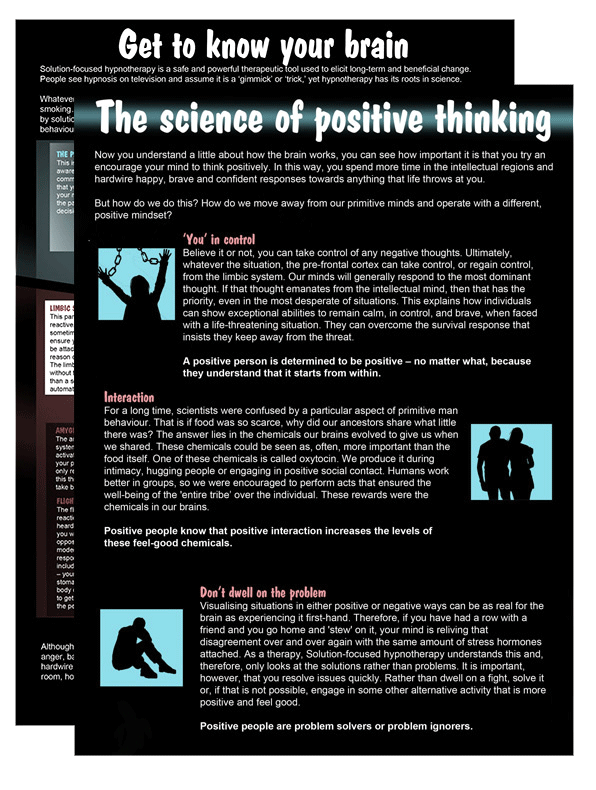As a Therapist, I am increasingly meeting clients that are struggling to moderate the amount of alcohol they are drinking. And I don’t just mean at the weekends or special occasions! For greater numbers of people, having that ‘odd glass of wine’ during the week is getting out of hand and many are worrying about the amount of alcohol they consume- as a treat, as a reward and also as a coping strategy. In fact alcohol is such a major part of modern society and how we socialise, that it isn’t surprising hear more and more people (increasingly women) concerned about their tendency to reach for that ‘well–earned’ drink.

The impact alcohol consumption can have on our health is well understood:
- It has been linked with higher rates of seven types of cancer
- It impacts the heart- causing it to enlarge and has been linked with heart disease
- It can increase the chance of Diabetes
- Can play a role in increasing blood pressure
- Affects the immune system- causing us to pick up and stay ill from infectious illness
- Increases likelihood of Pancreatitis and liver disease
- Can affect fertility
- Can lead to weight gain
But as part of the #Stoptober campaign, I’d like outline what is less widely known- how it can impact our mental health:
Firstly drinking affects sleep. Yes, we may find it easier to drop off to sleep after a drink but alcohol disrupts sleep cycles. Specifically, REM (rapid eye movement). When we have drunk alcohol, our normal REM cycles are disrupted. It is these vital cycles that have been associated with learning, memory, concentration and mood. It is no surprise then that long term disruption to sleep increases the likelihood of mental ill-health including chronic stress, depression and anxiety.
Secondly, alcohol affects the chemistry in our brain. Regular drinking lowers the levels of Serotonin– a chemical that helps to regulate your mood, motivation, coping and happiness.
For some alcohol can be seen as a way of helping them cope with difficult situations and emotions, or as a means of reducing stress or anxiety. This is as a result of the initial surge of Dopamine which tricks you into thinking that you feel great by stimulating the brain’s reward center. However, once this Dopamine ‘high’ has subsided, Serotonin has been depleted. In the short term this can lead to a low or anxious mood (often the next day). Longer term, there is strong evidence of its linkage with a range of mental health problems including depression, anxiety, risk-taking behaviour, Personality Disorder, Schizophrenia and higher rates of suicide.
If you are concerned about your alcohol consumption, would like to cut down or to stop, Hypnotherapy may be able to help you find the motivation and resources to do so. Please get in touch to book a free, no obligation consultation on 07951776608 or elizabeth@freshleafhypnotherapy.co.uk. There are also a range or resources you may find useful:
http://www.nhs.uk/Livewell/alcohol/Pages/Alcoholsupport.aspx
https://www.drinkaware.co.uk/advice/how-to-reduce-your-drinking/how-to-cut-down/how-to-stop-drinking-alcohol-completely/

 1) Getting to know your brain
1) Getting to know your brain